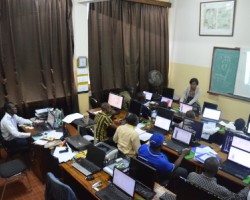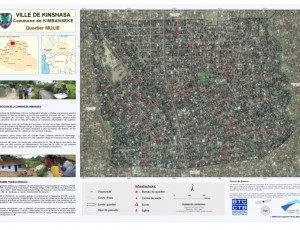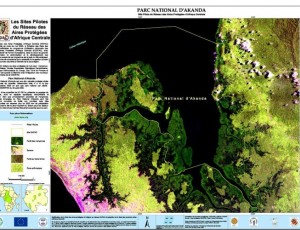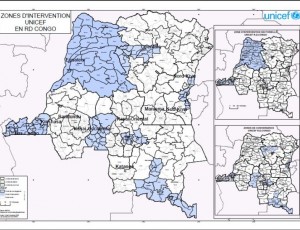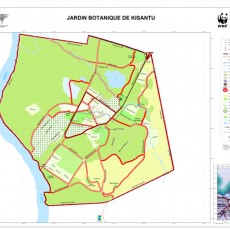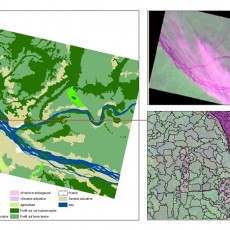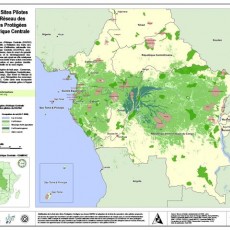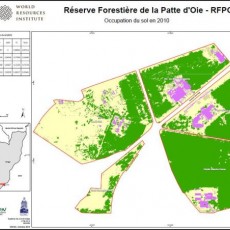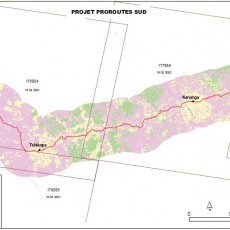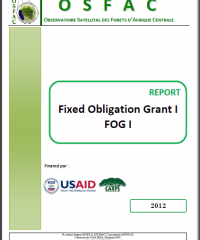Report (PDF)
- OSFAC-DMT Tutorial (1.8 MB)
- Geonetcast System (950 KB)
- Geospatial CARPE database (6 MB)
- Capacity building (2.7 MB)
- Curricula Development (2.4 MB)
- GIS Capacity in ICCN (3.3 MB)
- Detection & fire monitoring (4.6 MB)
In recent years, OSFAC has worked with its partners, the DRC Ministry of Forests and Environment, USAID-CARPE, NASA, University of Maryland (UMD) and South Dakota State University (SDSU) to provide data, tools and capacity for satellite based monitoring of the Congo Basin forests.
This work has generated considerable information and data to assist the sustainable management of forests. Due to the spatial and temporal dynamics of forests, a regular update of data and information is often necessary. Creation of appropriate tools for management and distribution of results and products facilitates access to information for users and donors.
During the year 2012, OSFAC performed all activities planned under the Fixed Obligation Grant I (FOG I) with USAID. OSFAC completed activities and provided deliverables under FOG I as follows:
- OSFAC-Data Management Tool – a system for archiving, querying and disseminating remote sensing data acquired by OSFAC for the region; an analysis of OSFAC’s inventory and dissemination of satellite data throughout the region.
- Establishment of a protocol for systematic satellite data acquisition through DRC’s Mettelsat and Geonetcast in partnership with UMD.
- Creation of a database of geospatial data for CARPE ;
- Atlas layouts, publication and/or statistics based on Forêts d'Afrique Centrale Evaluées par Télédétection (FACET) for Republic of Congo, Democratic Republic of Congo and Gabon. These atlases and/or associated data sets have been published and posted on the websites of OSFAC and CARPE.
- Creation of training modules for building capacity in Geographic Information Systems and remote sensing for USAID partners, universities, national institutions, etc. Several trainings were provided in remote sensing, GIS and the use of GPS (global positioning system). Curricula were created to perform well structured and standardized trainings at several levels (basic, intermediate and advanced level) of GIS.
- The technical capabilities of USAID partners to manage Landscape were strengthened and ICCN was assisted in the establishment of the GIS unit and its staff trained in the use of tools for collecting and analyzing data.
- Detection and monitoring of fires in the landscapes of Congo Basin Forest Partnership (CBFP). Fire dynamics within the Landscapes were analyzed and mapped. Detailed statistics were provided on the types of fires and their impact on deforestation highlighted.




